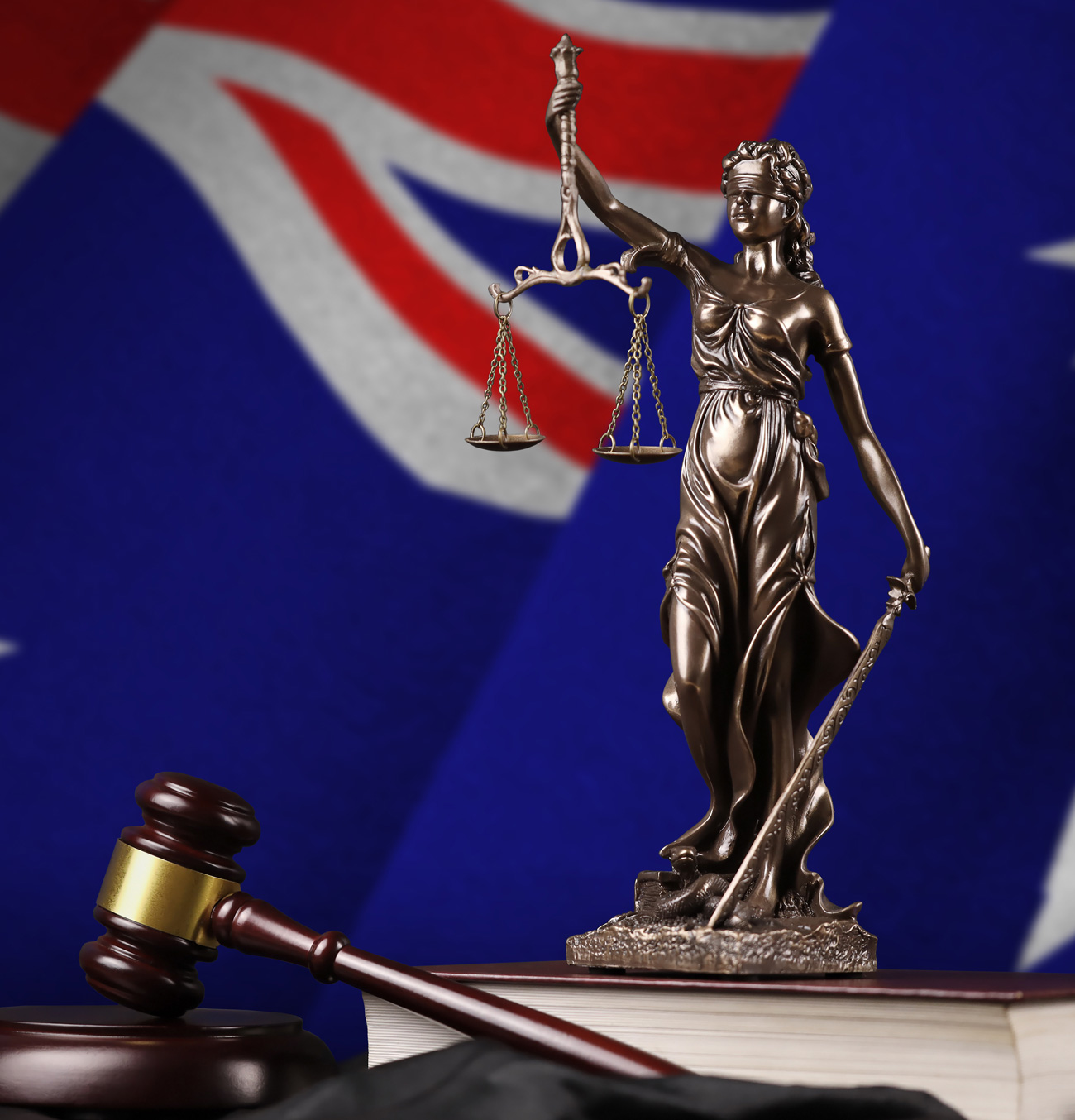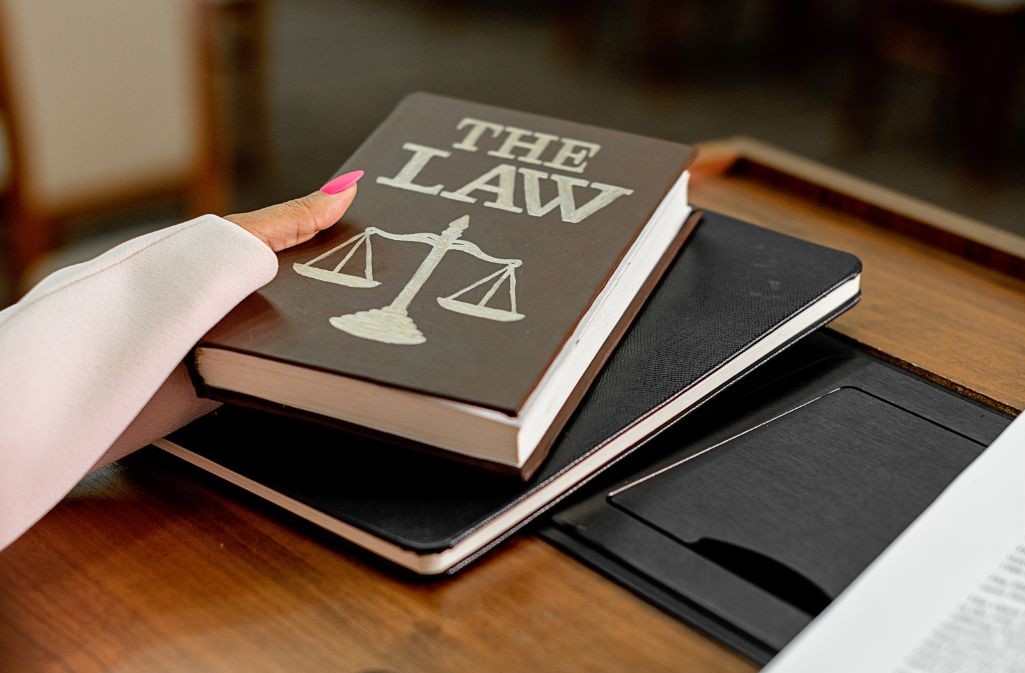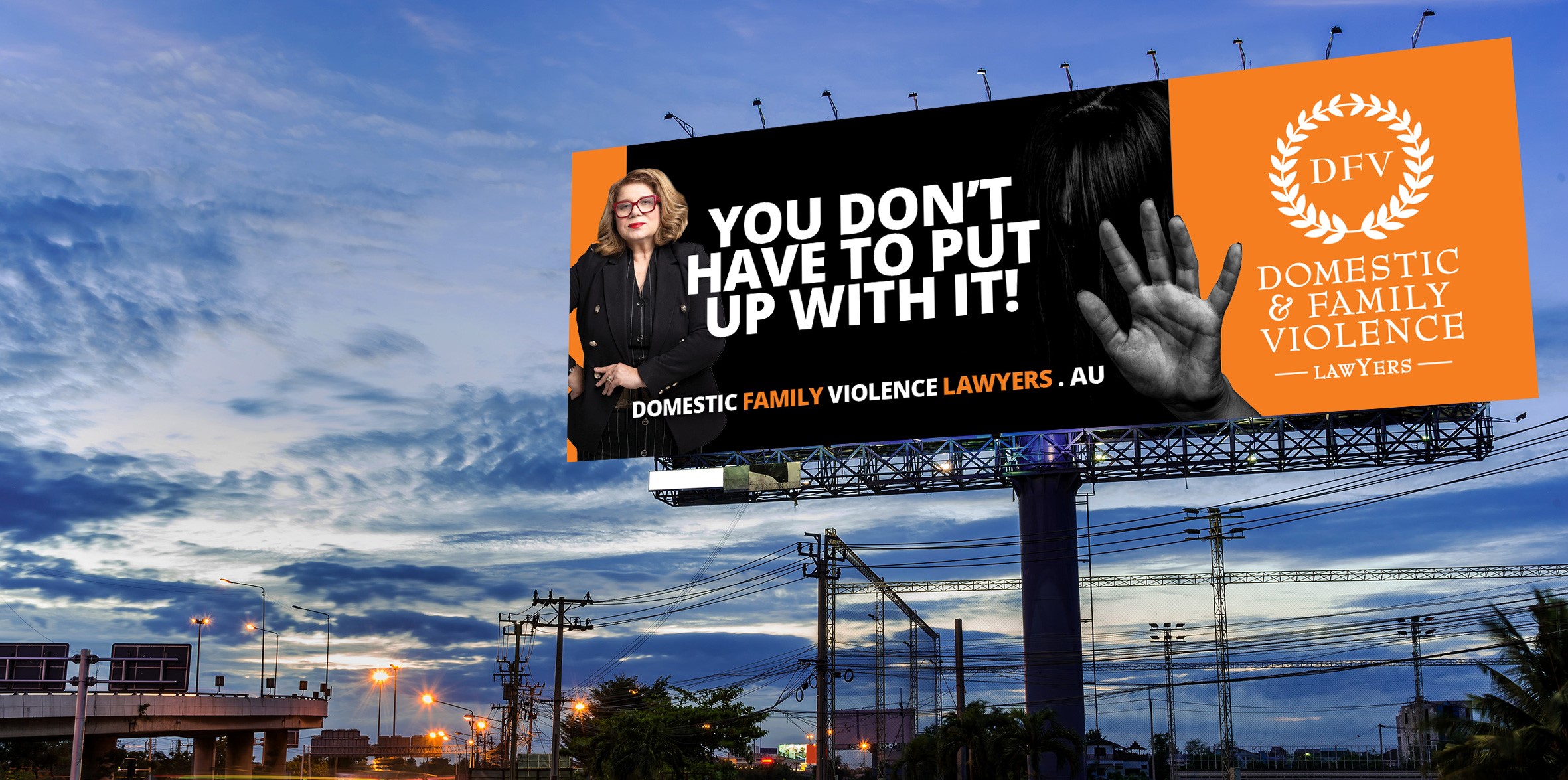Areas of Law
The differences between Domestic Violence from Family Violence
“Domestic violence” and “family violence” are terms frequently used interchangeably; however, their meanings can vary slightly based on context and area.
Domestic Violence: This term typically refers to abusive behaviours exhibited by a partner or ex-partner in an intimate relationship. It includes physical, emotional, sexual, or financial abuse and primarily concentrates on violence occurring within romantic relationships.
Family Violence: This term is more comprehensive, encompassing not only domestic violence but also various forms of violence occurring within a family. This may involve sibling violence, child abuse, elder abuse, and violence involving other relatives, regardless of whether they live in the same household.

Legal Advice
We support victim-survivors by applying for Intervention or Personal Safety Orders and work with social workers, counsellors, and Victoria Police to provide a strong support network.
Representation
We guide victim-survivors through the legal process, explaining their options and representing them in court, including when applying for restraining or intervention orders.
Safety & Protection
We help safeguard victim-survivors by applying for urgent legal measures, such as interim protection orders, designed to prevent further harm and provide immediate safety.
Guidance
We guide victim-survivors through each stage of the legal process, explaining their options and offering representation in court, including the application for restraining or intervention orders.
Our Legal Framework
These Acts are our legal framework designed to protect individuals from domestic and family violence and to ensure their rights are upheld:
Family Violence Protection Act 2008 (Vic) and the Personal Safety Intervention Orders Act 2010 (Vic) Family Violence Law: These Acts defines domestic and family violence and provides their legal frameworks for protection orders (intervention orders and personal safety orders) to protect individuals from domestic and family violence.
The Crimes Act 1958 (Vic) and the Summary Offences Act 1966 (Vic) Criminal Law: Domestic and family violence are considered criminal offences, and perpetrators can be prosecuted under various criminal laws, including assault, harassment, and stalking.
The Family Law Act 1975 (Vic) Family Violence: Family law addresses the impact of domestic violence on family matters such as divorce, property, child custody, and visitation rights with the support of a Family Violence Certificate.
Children, Youth and Families Act 2005 (Vic) Child Protection Law: These laws focus on safeguarding children exposed to domestic violence. Authorities can intervene and take necessary actions to protect children from abusive environments.
The Residential Tenancy Act 1997 (Vic) Tenancy Law: Domestic and family violence survivors may have legal rights related to housing, such as the ability to terminate a lease early or seek emergency housing assistance.
Fair Work Act 2009 (Vic) Employment Law: This act provides protections for domestic violence survivors in the workplace, including the right to take leave from work to address issues related to domestic violence for 10 days.
Victims Assistance Program: Victims of domestic and violence can seek civil remedies, through victims of crime, including compensation for injuries, medical expenses, and emotional distress.


Our Focus
Our firm’s focus are two legislations that address family and domestic violence – Family Violence Protection Act 2008 (Vic) and the Personal Safety Intervention Orders Act 2010 (Vic), the Crimes Act 1958 (Vic) and the Summary Offences Act 1966 (Vic).
The Family Violence Protection Act 2008 (Vic)
The Family Violence Protection Act 2008 (Vic) exists in Victoria, designed to provide a legal framework to protect individuals from family violence.
The Act defines family violence as behaviour that causes a family member to feel fearful for their safety or well-being. This encompasses physical, sexual, emotional, and financial abuse, as well as controlling or coercive behaviours.
The Personal Safety Act 2010 (Vic)
The Personal Safety Intervention Orders Act 2010 (Vic) also exists in Victoria, providing a legal framework for the protection of individuals from unwanted behaviours by non-family members. This Act allows for the issuance of Personal Safety Intervention Orders (PSIOs) to protect individuals from actions such as assault, harassment, property damage, threats, and stalking.



